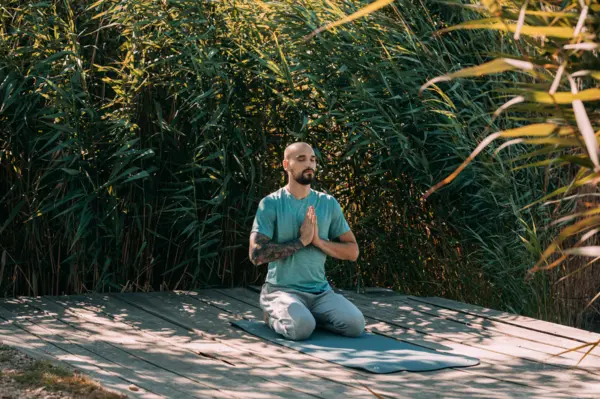Post-Election Self-Care for Educators: Support Yourself and Others
In the challenging landscape of secondary education, election periods create unique pressures for student life professionals. As you guide adolescents through complex political discussions, maintaining your well-being becomes crucial for effective student support. This guide offers practical strategies to help you navigate post-election challenges while preserving your professional effectiveness.

The Critical Role of Educator Well-being During Election Periods
Student life professionals face multifaceted challenges in post-election environments:
- Facilitating balanced political discussions
- Supporting students experiencing family political stress
- Maintaining professional neutrality
- Managing personal political responses
- Addressing heightened student emotional needs
“Prioritizing self-care isn’t optional—it’s the foundation that enables educators to provide stable support for students during uncertain times.”
Evidence-Based Self-Care Strategies with Implementation Steps
1. Strategic Information Management
Why It Matters: Controlling information flow helps maintain emotional stability and ensures more effective student interactions.
Practical Implementation:
- Set specific news review times (15 minutes before school, 15 minutes after)
- Use the “2-2-2 Method”: Check news for 2 minutes, 2 times daily, waiting 2 hours after waking
- Create designated “politics-free zones” in your workspace
- Curate a list of age-appropriate resources for student discussions
Success Metric: Track your news consumption time using screen time apps; aim for 50% reduction during school hours.
2. Mindful Presence Techniques
Why It Matters: Mindfulness enhances emotional regulation and improves student interaction quality.
Practical Implementation:
- Practice the “HALT+” Framework:
- H: Check if you’re Hungry
- A: Notice if you’re Angry
- L: Identify if you’re Lonely
- T: Assess if you’re Tired
- +: Take one mindful breath before responding
- Schedule 3-minute breathing breaks between classes
- Use transition periods for quick grounding exercises
Success Metric: Log emotional responses using a simple 1-5 scale throughout the day.
3. Professional Support Network Development
Why It Matters: Strong support systems prevent burnout and provide collaborative problem-solving opportunities.
Practical Implementation:
- Schedule bi-weekly “care circles” with colleagues
- Create shared resource documents for challenging situations
- Establish mentor partnerships with experienced staff
- Develop emergency response protocols for emotional escalations
Success Metric: Hold at least two structured support meetings per month.
Professional Boundary Management
Clear Communication Framework
Implementation Steps:
- Create standard response templates for political discussions
- Establish specific office hours for sensitive conversations
- Develop a resource referral system for complex situations
- Document all politically sensitive interactions
Physical and Mental Wellness Integration
Daily Practice Schedule:
- Morning: 5-minute classroom preparation meditation
- Mid-day: 10-minute walking break during lunch
- Afternoon: 3-minute desk stretching routine
- Evening: 15-minute reflection and planning session
Action Steps for Immediate Implementation
- Today: Choose one strategy from each category to implement
- This Week: Set up your first care circle meeting
- This Month: Create your personal boundary protocol document
Long-term: Develop a sustainable self-care routine that aligns with your school schedule
Resources and Support Tools
- Digital wellness trackers for educators
- Classroom discussion guidelines
- Professional boundary templates
- Self-assessment questionnaires
Effective post-election self-care for educators requires intentional practice and consistent implementation. By incorporating these evidence-based strategies into your daily routine, you’ll build resilience while maintaining the professional capacity to support your students effectively.
Start Now: Download our printable “Educator Well-being Tracker” and this “Post Election Self-Care Infograph” to begin monitoring your self-care journey and measuring its impact on your professional performance.
Bridget Johnson
Want more support as a student life professional?
Look no further than the Deans' Roundtable Community
- Network with a vast directory of student life professionals like yourself
- Gain a multitude of professional development opportunities to be the best version of yourself
- Gather expert advice on the important questions you need answered

